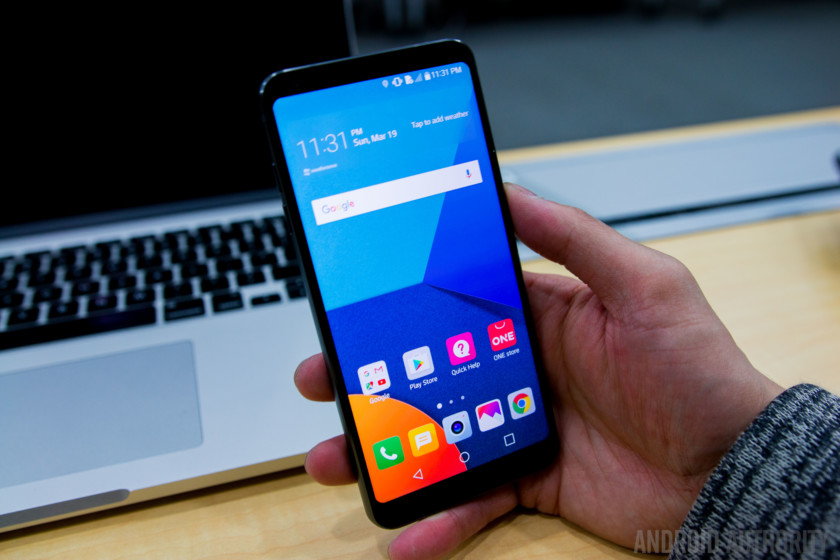Welcome to Cybersecurity in 31 Days. I’m Malan Faya, your host. Today is Day 23. To view previous posts, click here.
Rooting is a process that allows a user to have superuser rights. With superuser right, you have privileges to modify the software code on your device or install other software that the manufacturer wouldn’t normally allow you to. (Mobile-network operators and phone manufacturers impose this limitation for security reasons.)
Superuser rights give you the freedom to delete (annoying) preinstalled apps, limit network activity for some or all apps, speed up the phone operating system, etc.
Rooting your phone or device can be dangerous. This is because rooting turns off many of the security features on your phone, which means worms, viruses, spyware, and Trojans can infect your mobile device by taking over your phone. Once infected, your phone starts acting against your wishes, sniffing your e-mails; forwarding your contact list to cybercriminals; modifying your firmware so that trojans remain on a device even after it is reset to factory settings; collecting personal data such as steal passwords, usernames, credit-card details that you use while socializing, banking, and shopping from your smartphone.
To keep your data safe, you should never root or jailbreak your phone. Your phones or devices contain personal and sensitive information. You should protect them at all times.


